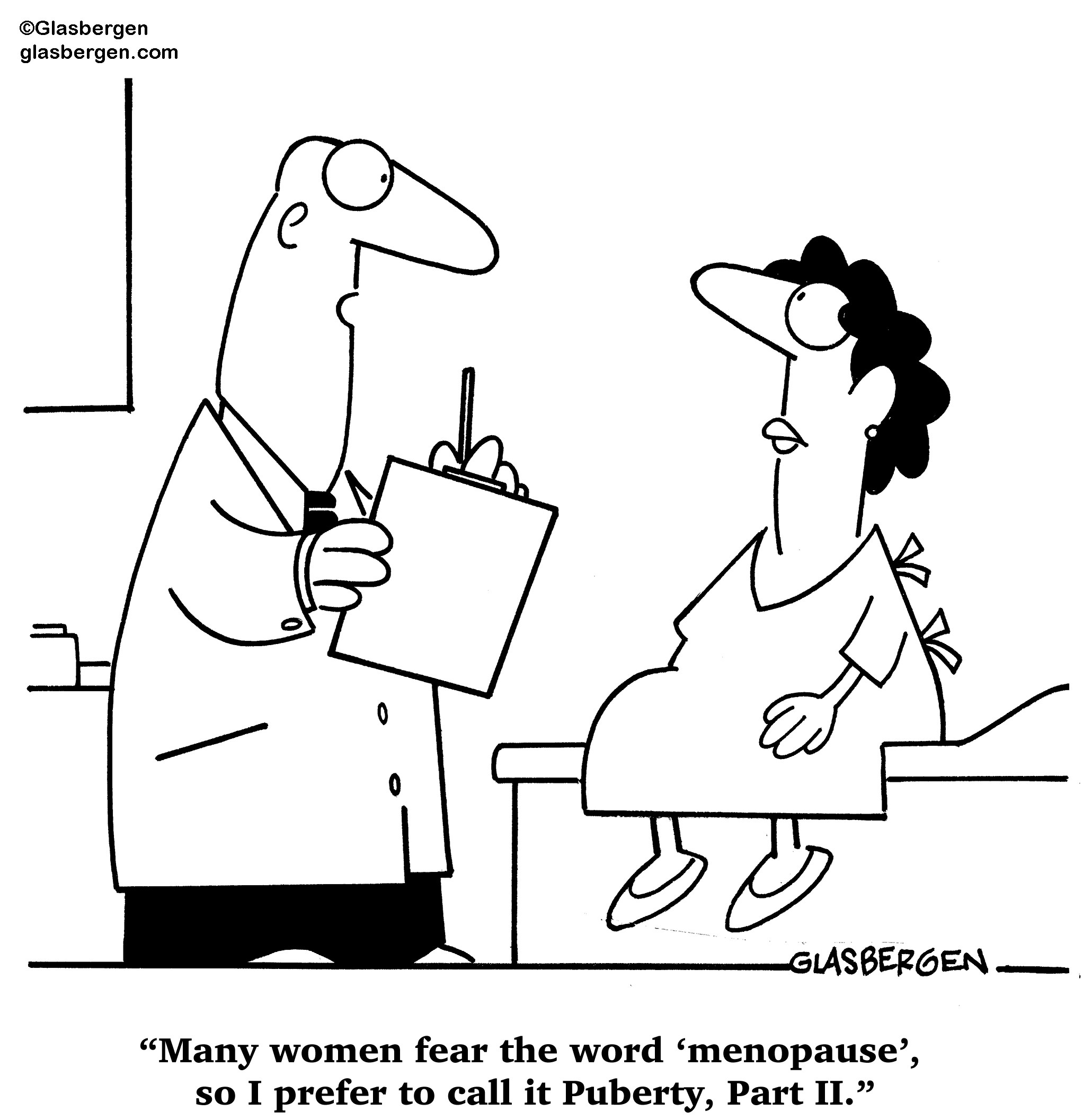The following is a summary of “Evaluating the effect of antidepressants on the relationship between depression and asthma,” published in the FEBRUARY 2023 issue of Pulmonology by Theodoro, et al.
Few research has examined the impact of antidepressants on the association between depression and asthma, and it was unclear if depression was linked to decreased lung function in people with asthma. When compared to asthmatic people without depression, can subjects with concurrent asthma and depression experience poorer asthma outcomes? For the study, researchers sought to find out in this study, as well as to see if antidepressants may change the connection.
A cross-sectional investigation was conducted. Nonsmokers with asthma who were 18 years of age or older were included. Study participants went to a chest doctor appointment, filled out questionnaires, and underwent a spirometry test. They carried out both unadjusted and crude binary logistic regression analyses. They enrolled 309 asthmatic individuals, of which 48 were depressed and using antidepressants, 52 were not depressed and on antidepressants, and 209 were not depressed (control group). Compared to the control group, asthmatic participants with depression who had never used antidepressants before enrolment had a higher likelihood of having uncontrolled asthma symptoms [adjusted OR 3.10, 95CI (1.56–6.15)] and airway obstruction [adjusted OR 2.41, 95CI (1.24-4.69)]. In contrast to the control group, subjects who had taken antidepressants had greater odds of uncontrolled asthma symptoms (adjusted OR 3.02, 95CI (1,50-6.07)) but equal risks of airway obstruction (adjusted OR 1.24, 95CI (0.87-1.77)).
In asthmatic individuals, untreated depression was linked to airway blockage, although the link was altered by antidepressants. So, anytime depression symptoms warranted pharmaceutical therapy, they advised routinely evaluating people with asthma for depression and prescribing antidepressants.
Reference: resmedjournal.com/article/S0954-6111(22)00364-X/fulltext



















